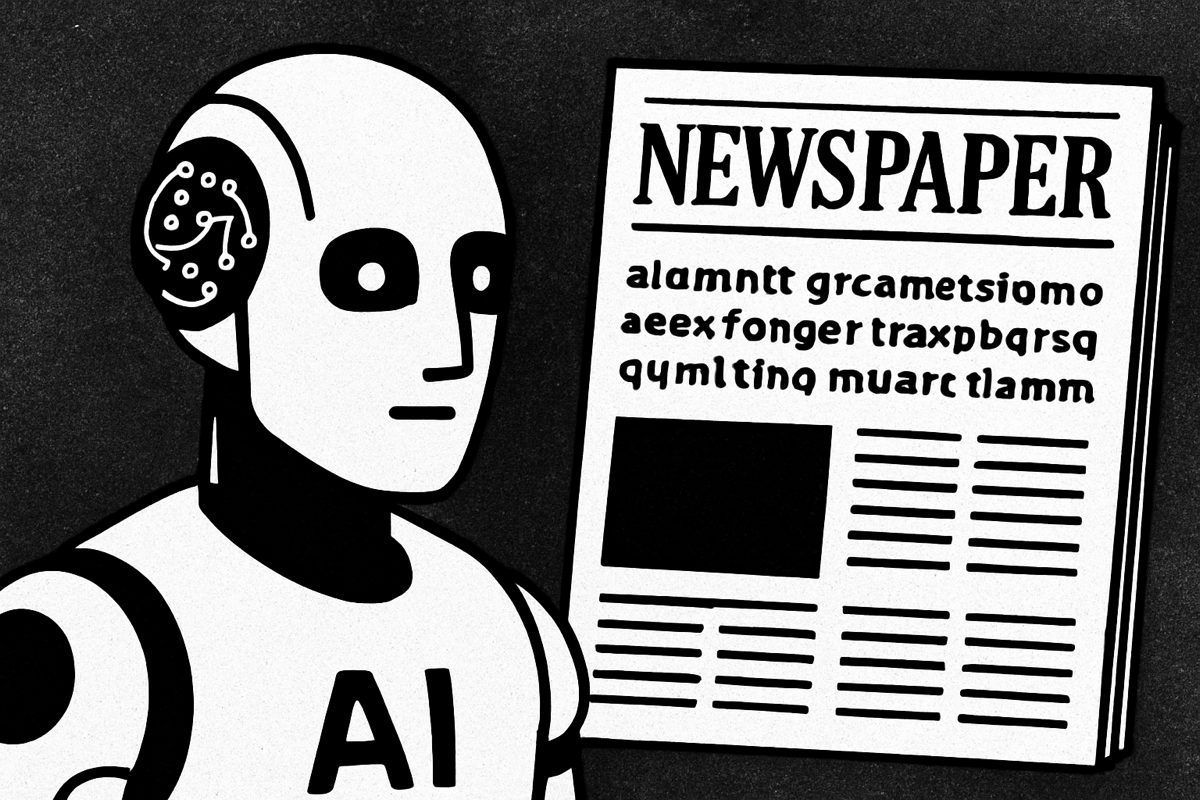Ahead of the hot months spent poolside, two prominent U.S. newspapers, the Chicago Sun-Times and the Philadelphia Inquirer, published summer reading lists filled mostly with fake book titles generated by AI. Only five of the fifteen books listed were real. The rest were fabricated by an AI tool, raising concerns about editorial oversight and the reach of AI-generated content in mainstream media.
What’s Happening & Why This Matters
An important note: The reading lists were part of syndicated inserts — not produced by the newspapers’ editorial staff. Yet, many readers find distinguishing these AI-created titles from genuine recommendations difficult. This blurring of fact and fiction underlines how AI-generated misinformation can quietly seep into trusted news sources.
Syndicated Content and AI’s Role
The lists came from Marco Buscaglia, a content creator who confirmed to 404 Media that he used AI to compile the book titles. Buscaglia admitted to skipping proper fact-checking, calling the incident “embarrassing” and accepting full responsibility.

Both newspapers distanced themselves from the content. The Chicago Sun-Times made clear on Bluesky that the lists were not editorial content and had not been approved by their newsroom. The Philadelphia Inquirer removed the inserts from its e-edition and called the AI-generated material a violation of their internal policies.

The material originated from King Features, a Hearst subsidiary that provides syndicated content like comics and puzzle books to newspapers. This incident exposed how syndicated AI-generated content can slip past editorial checks and into print.
Reactions and Industry Impact
Readers expressed frustration on platforms like Reddit and Twitter, questioning how blatant AI fabrications could make it into trusted newspapers. The Sun-Times Guild condemned the incident as “horrifying” and demanded that management prevent such failures in the future.
This scandal adds to growing anxiety in journalism about AI’s potential to flood news with false or misleading content. It echoes recent problems at Sports Illustrated, which faced backlash for publishing AI-generated stories with fabricated authors and images, leading to significant layoffs.
Chicago Public Media, owner of the Sun-Times and local NPR station WBEZ, has also recently undergone significant workforce reductions, highlighting the pressures on traditional media in the AI era.
TF Summary: What’s Next
The AI-generated fake book list incident at major U.S. newspapers shows how critical editorial oversight remains in an age of automated content creation. News organizations must tighten controls on syndicated material and clearly label AI-generated content to maintain trust.
As AI tools grow more capable and common, readers need to stay vigilant, and media outlets must adapt policies to safeguard accuracy and authenticity in reporting.
— Text-to-Speech (TTS) provided by gspeech


